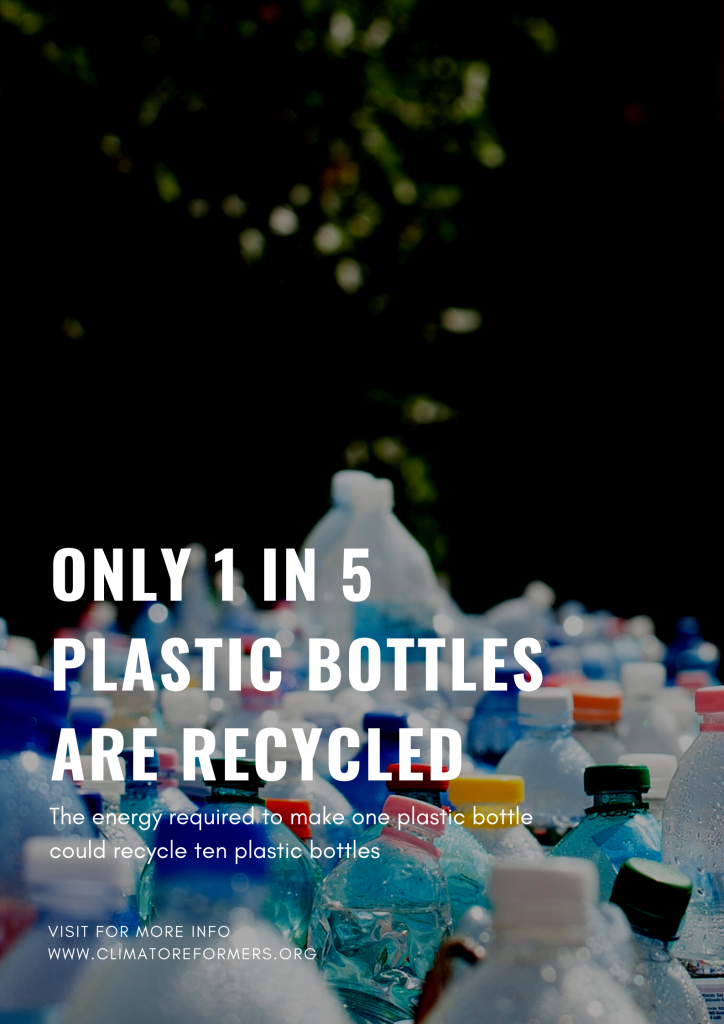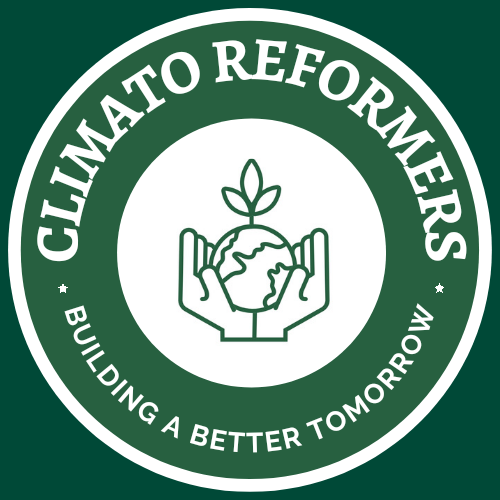Plastic recycling started in the 1970s, in part as a response to the growing amount of plastic waste.
Materials recovery facilities are responsible for waste plastic recycling, sorting and processing. As of 2019, due to limitations in their economic viability, these facilities have struggled to make a meaningful contribution to the plastic supply chain. The plastics industry has known since at least the 1970s that recycling of most plastics is unlikely because of these limitations. However, the industry has lobbied for the expansion of recycling while companies have continued to increase the amount of virgin plastic being produced.
DOING OUR PART FOR THIS PLANET

Reduce Your Consumption
Don’t buy what you don’t need and minimise purchase & use of single use plastics.
Reuse What You Can
Find ways to refurbish items or donate and trade with others
Segregate Your Waste
Put biodegradable and non-biodegradable garbage in separate bins
Separate Glass, Metal and Plastics
Further separate glass, metals and plastics in different bins for easier recycling
Get Familiar With Your System
Figure out your city’s waste disposal system and follow the designated schedule
When different types of plastics are melted together, they tend to phase-separate, like oil and water, and set in these layers. . Each time plastic is recycled, additional virgin materials must be added to help improve the integrity of the material. Therefore, even recycled plastic has new plastic material added in. Moreover, the same piece of plastic can only be recycled about 2–3 times. Thus, even when plastics have a resin code, or are collected for recycling, only a small portion of that material is actually recycled. For example, as of 2017, only 8% of US plastic was recycled.
Since almost all plastic is non-biodegradable, recycling can be part of reducing plastic in the waste stream. This is important, for example, for reducing the approximately 8 million metric tons of waste plastic that enters the Earth’s ocean every year.
However, because of the complexity of recycling, a substantial amount of plastic that is collected for recycling is processed in other ways, such as through trash incineration, or not processed at all.
Courtesy – Wikipedia
